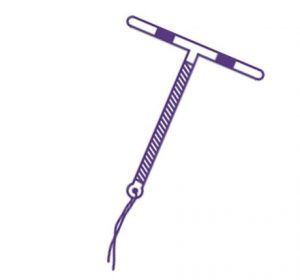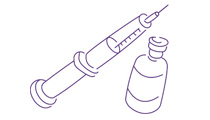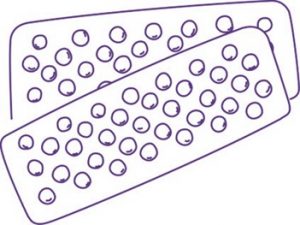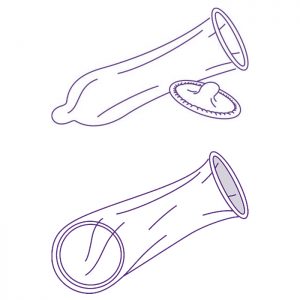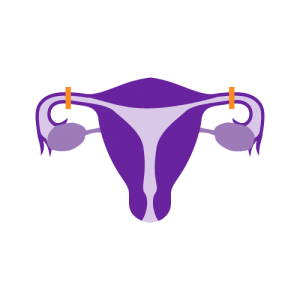Medical abortion involves taking pills (2 different medicines) to end the pregnancy. The effects of abortion pills result in a process similar to a miscarriage. Abortion pills (mifepristone and misoprostol) are a safe and effective way to end a pregnancy in the first 12 weeks of pregnancy. The term “medication abortion” refers to the use of either the combination of mifepristone plus misoprostol or misoprostol taken alone to end a pregnancy. Medication abortion works better, is quicker and has less risk of complications when done earlier in pregnancy, so women who decide to have an abortion should do so as early as possible.
Medication abortion usually involves taking a combination of the two medicines mifepristone and misoprostol. If mifepristone is not available, misoprostol can also be used alone. In the absence of mifepristone, a woman will need to take more misoprostol pills, the process tends to be longer, and she may experience more side effects to achieve comparable success.
Depending on the setting and context, a woman can have a medication abortion in a health facility, at home (or another private place where she feels secure and comfortable), or in a combination of the two. Women can have a successful abortion if they have accurate information, access to quality medications, and know the signs of complications for which they should seek immediate medical care. Medication abortion is suitable for women of all ages and sizes, including adolescents. An uncomplicated medication abortion will not affect a woman’s ability to carry future pregnancies.
A visit to a health facility is not usually necessary following an uncomplicated medication abortion. If a woman is unsure that the abortion was successful, she may choose to visit a health facility to confirm that she is no longer pregnant.

